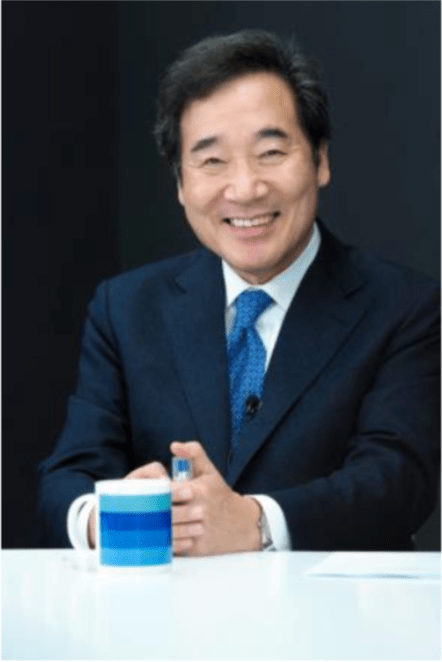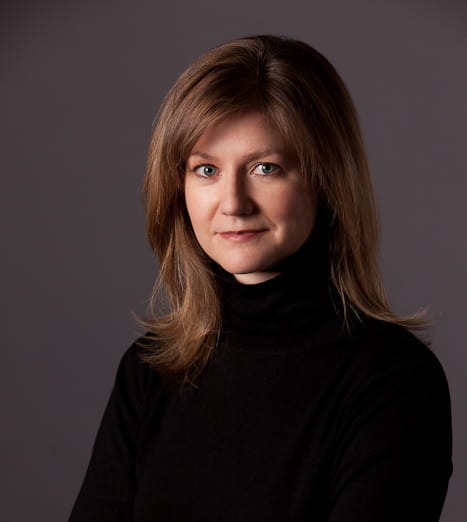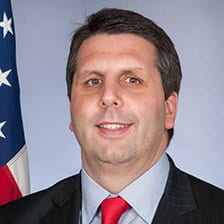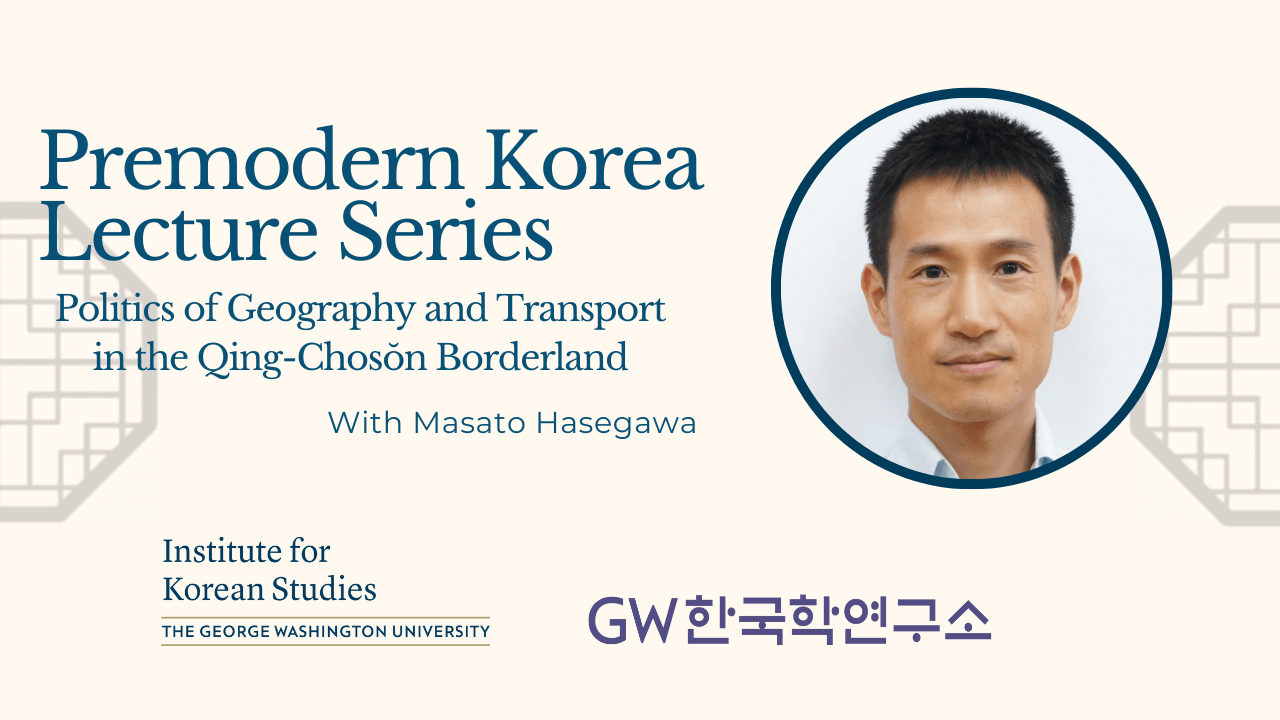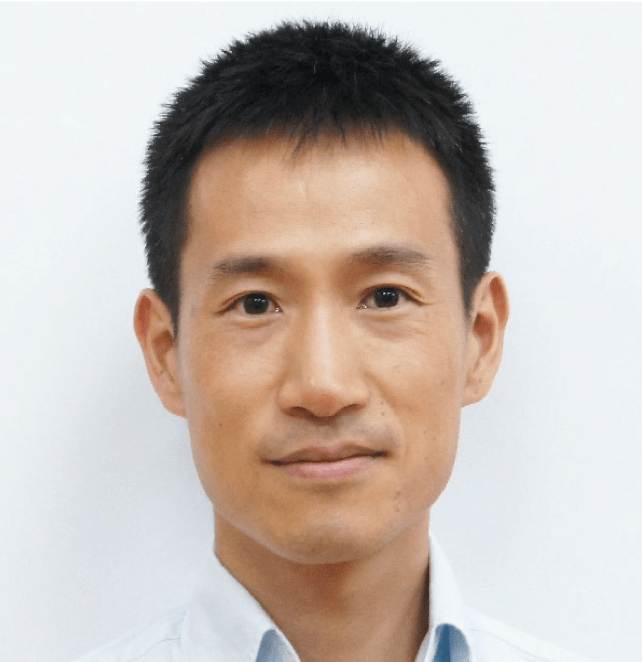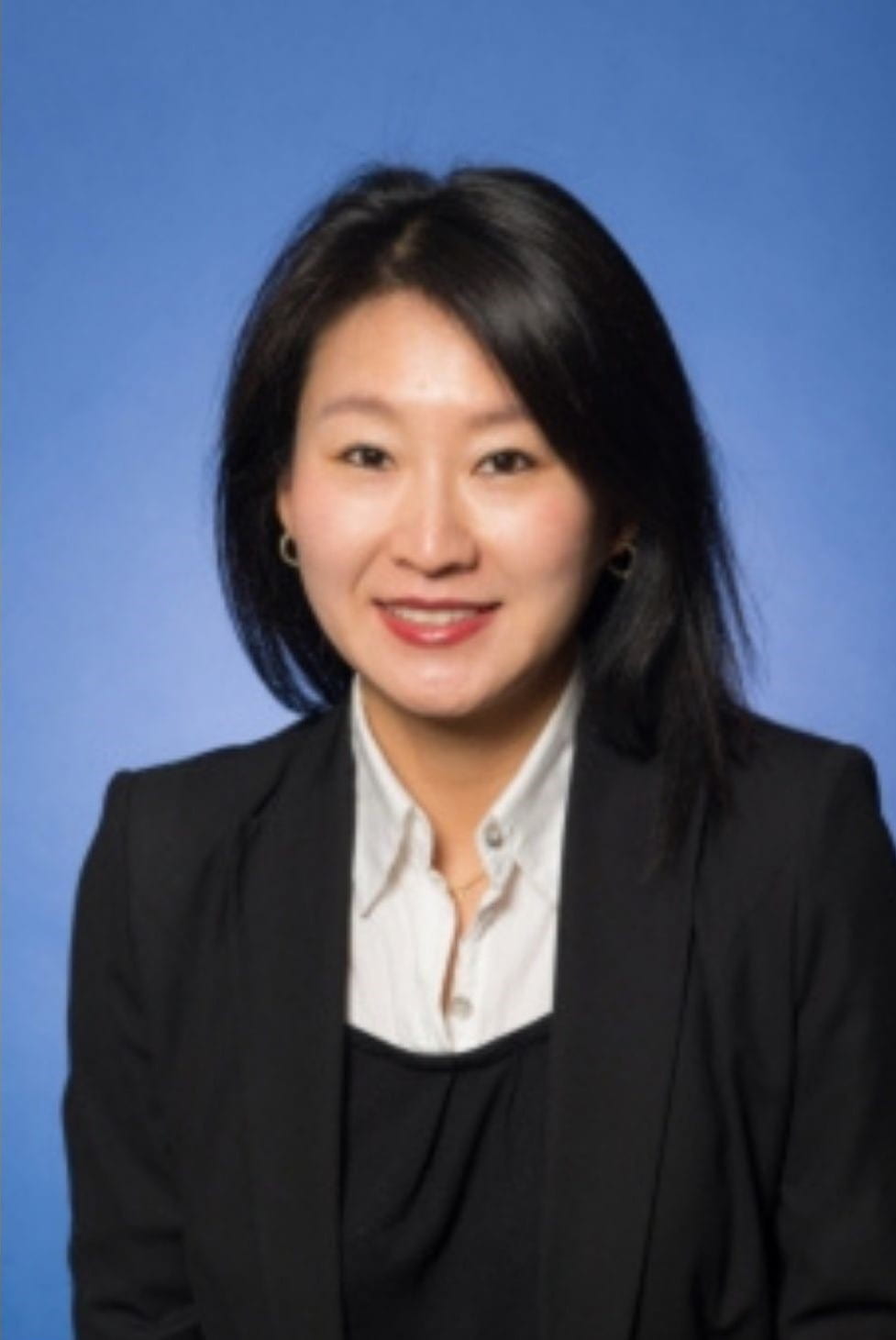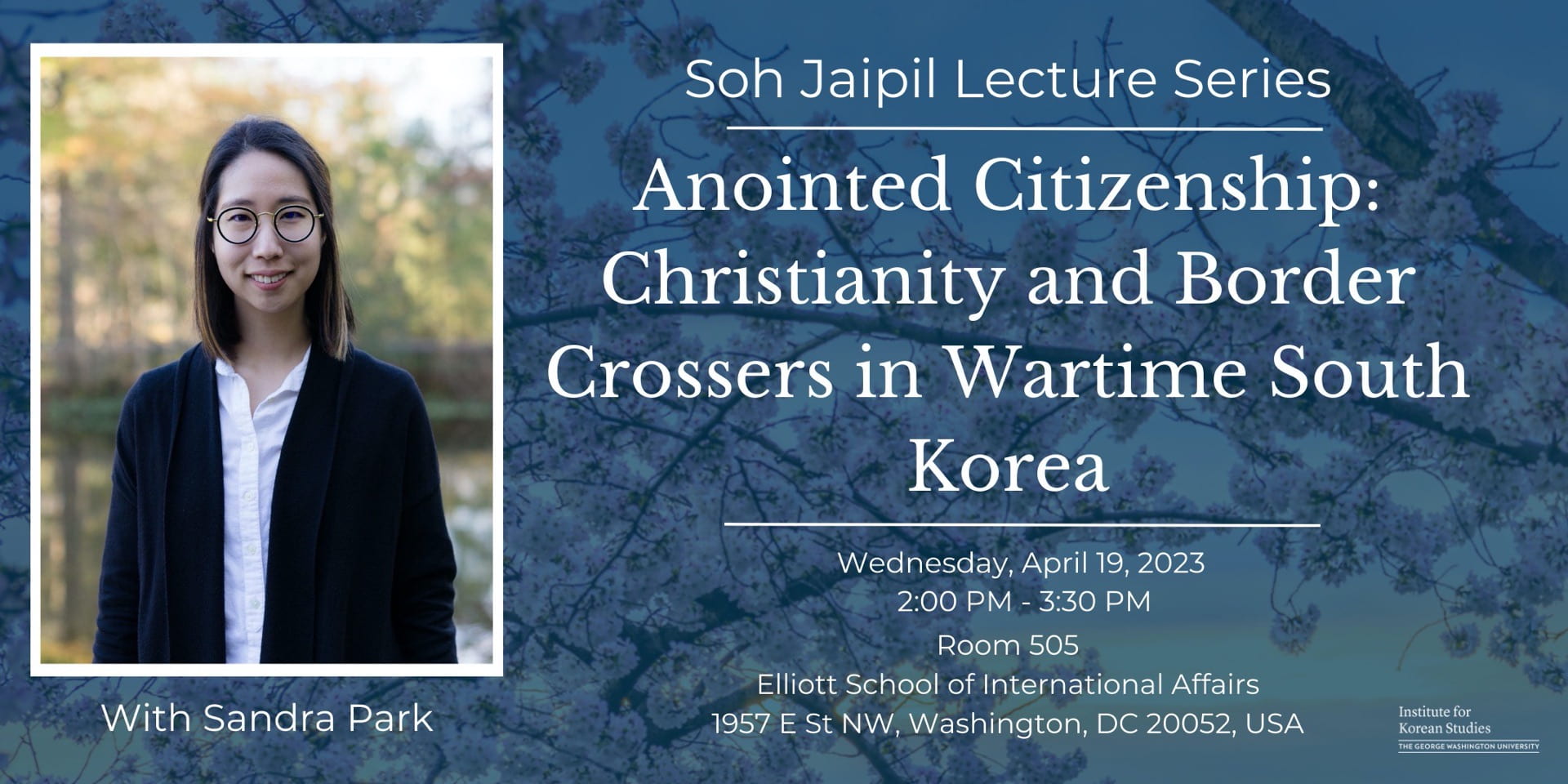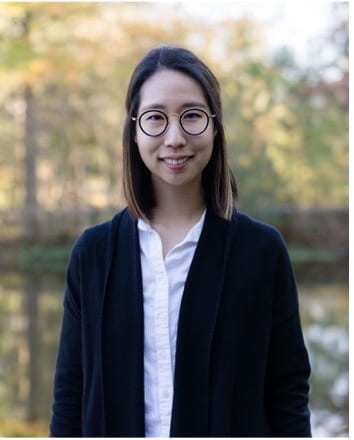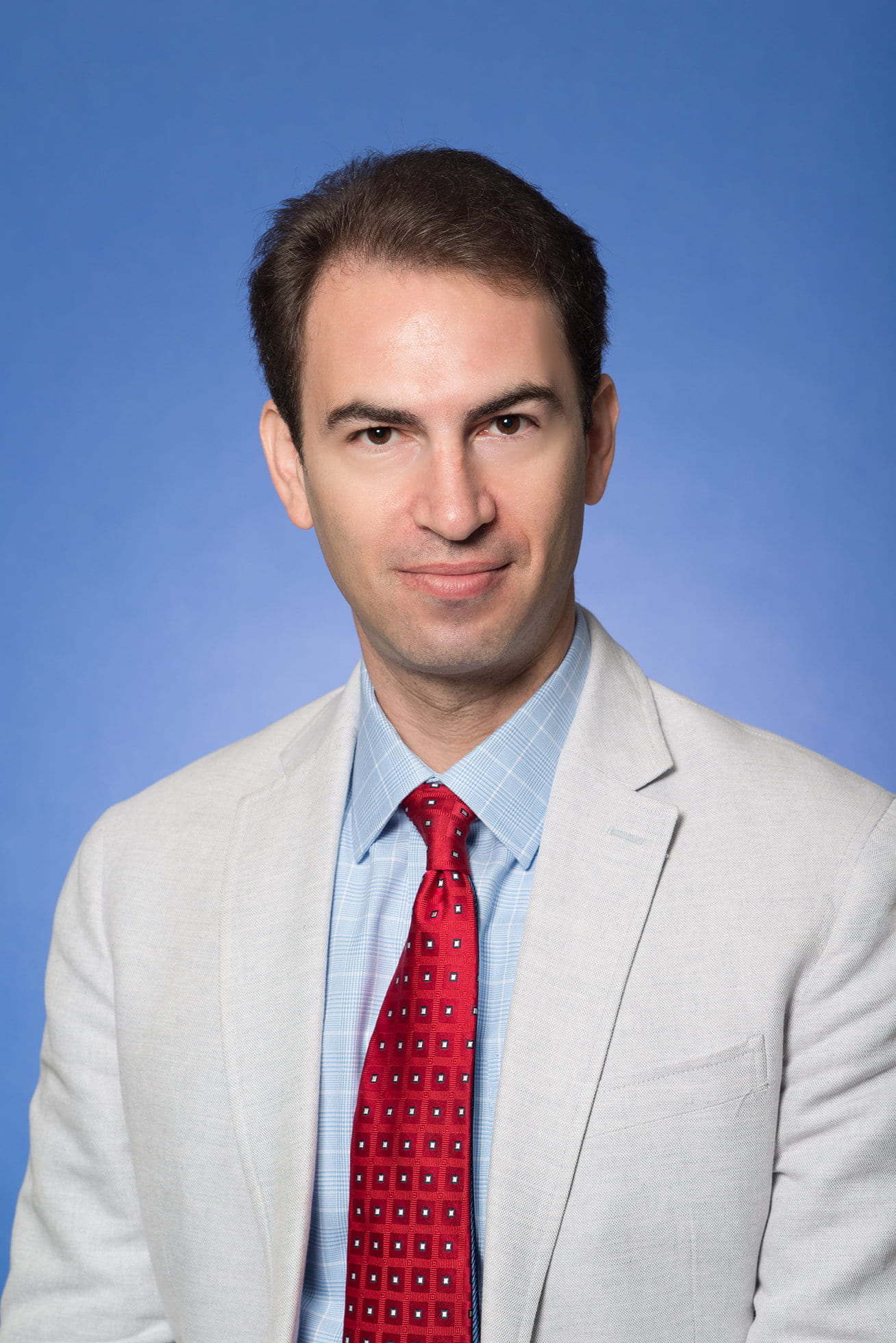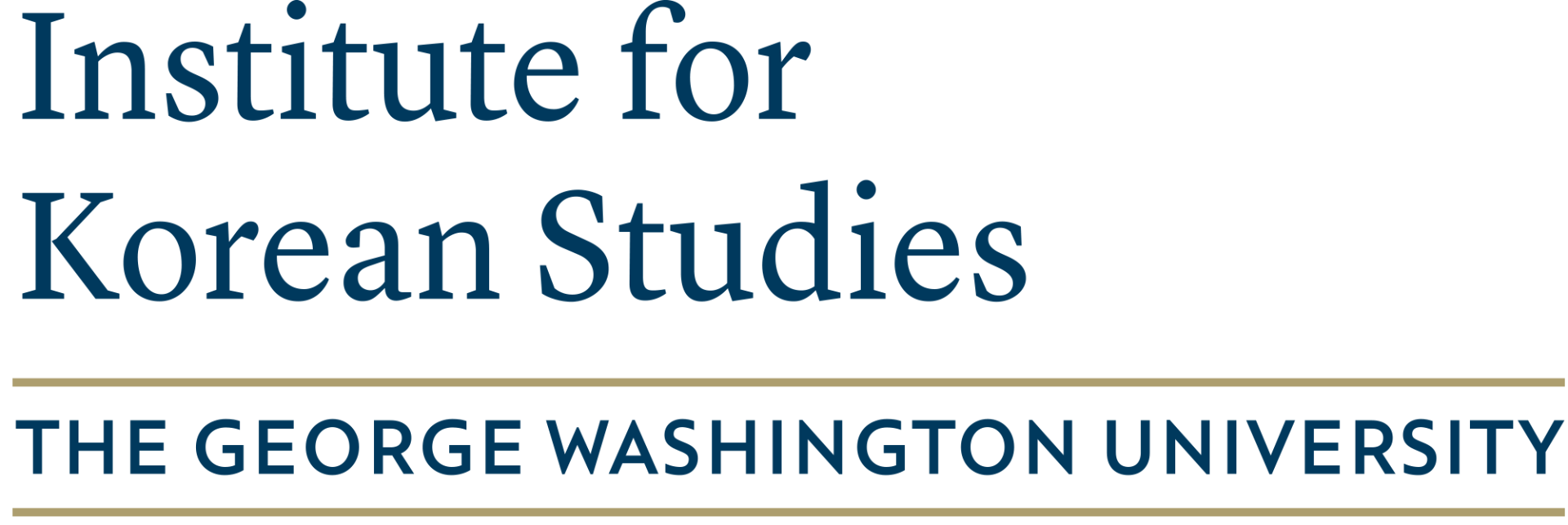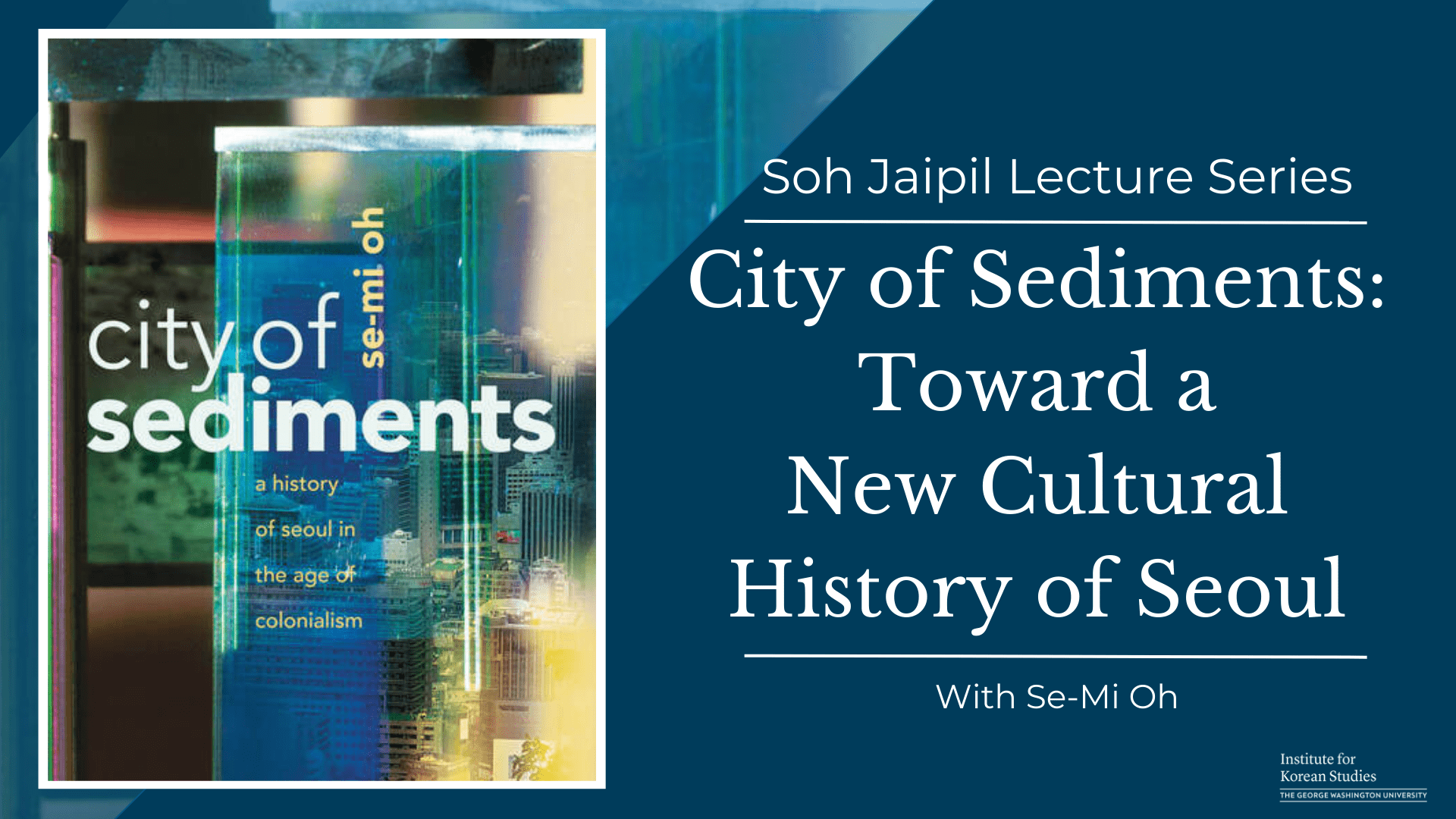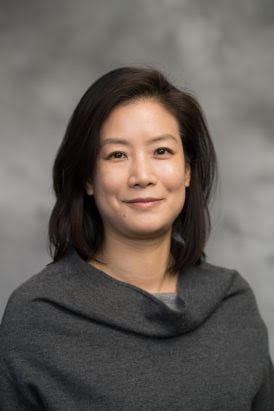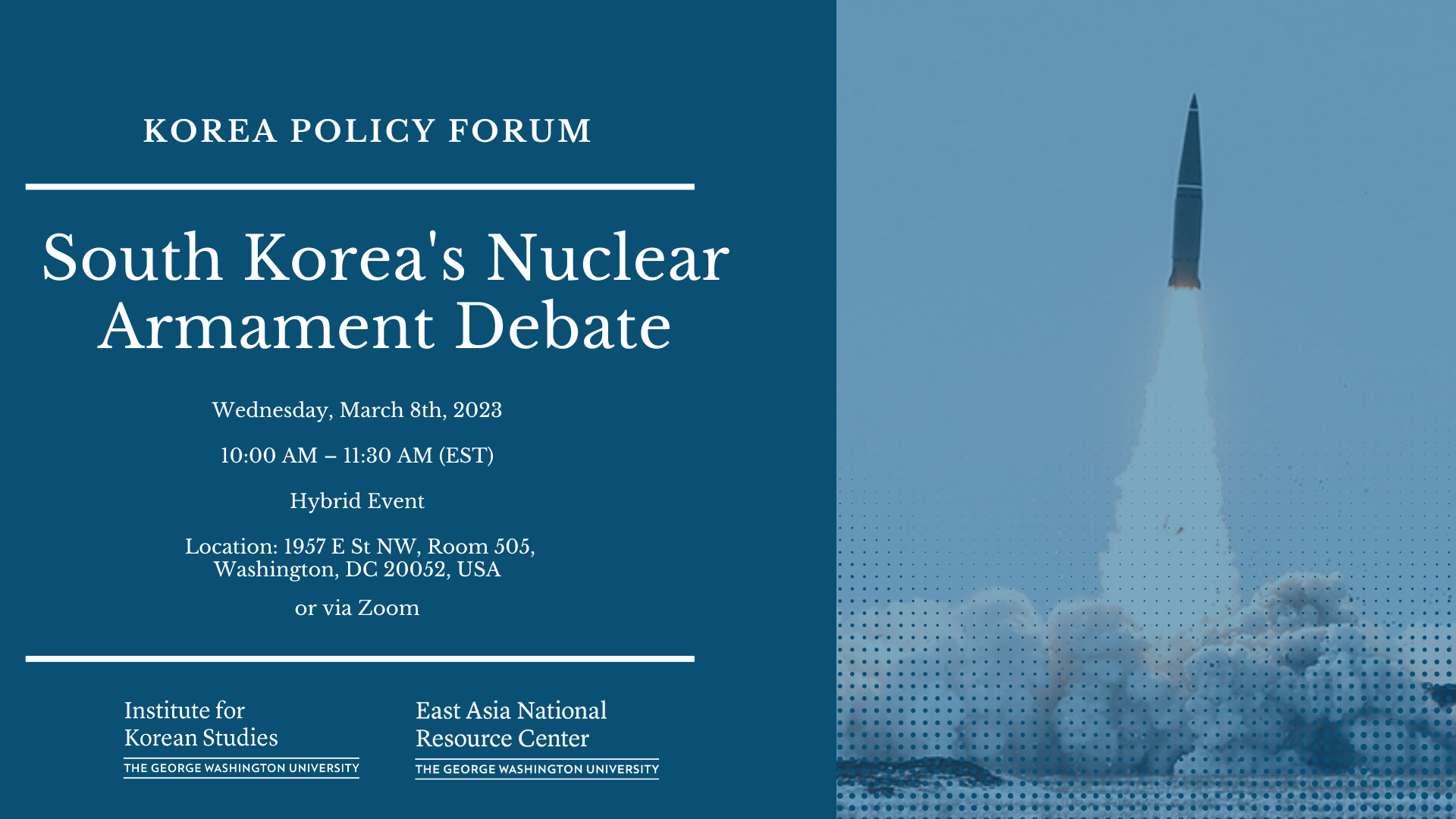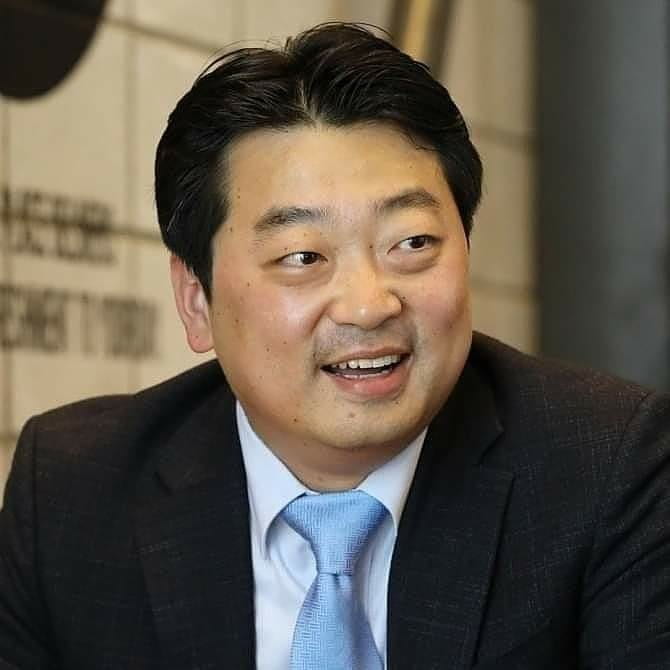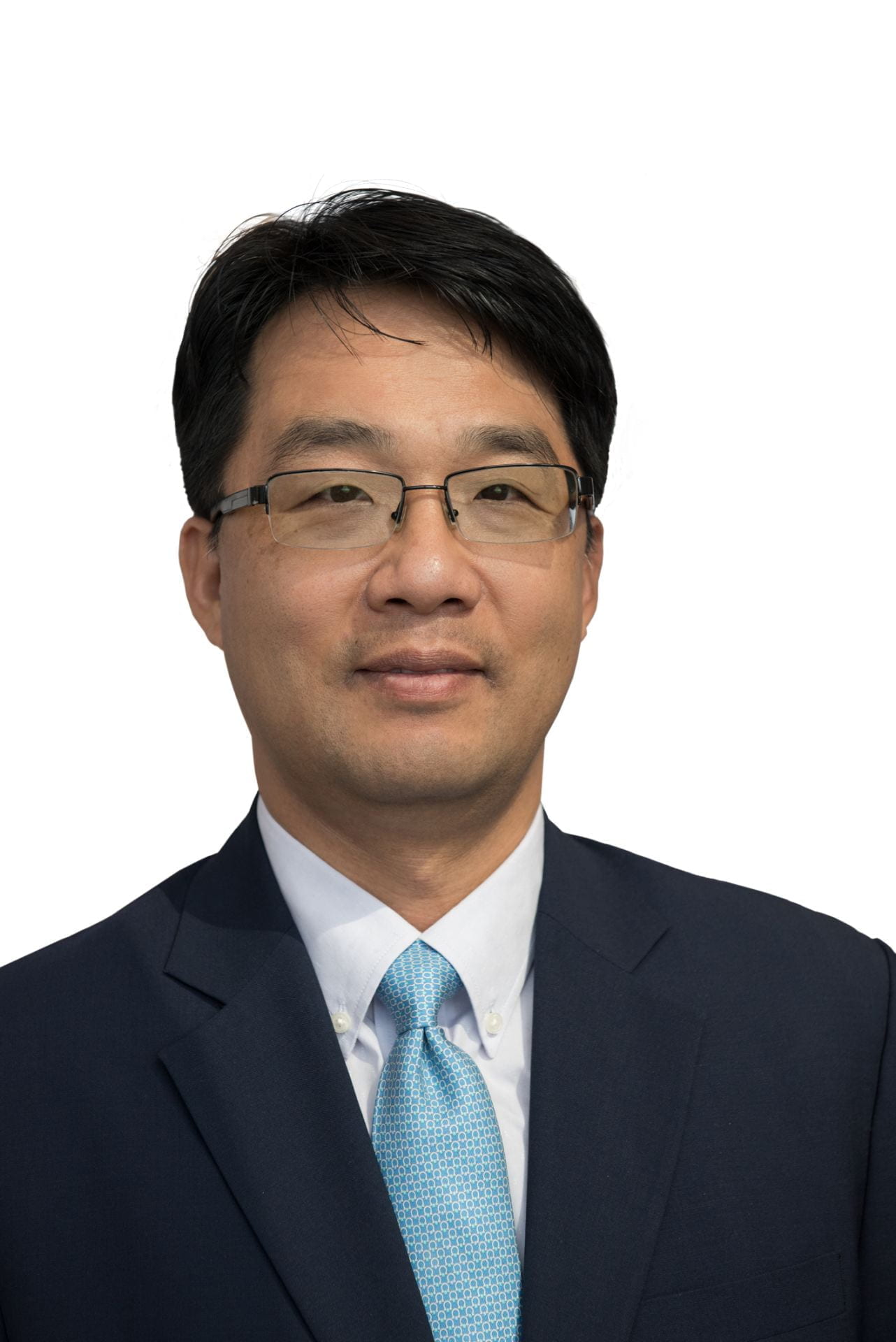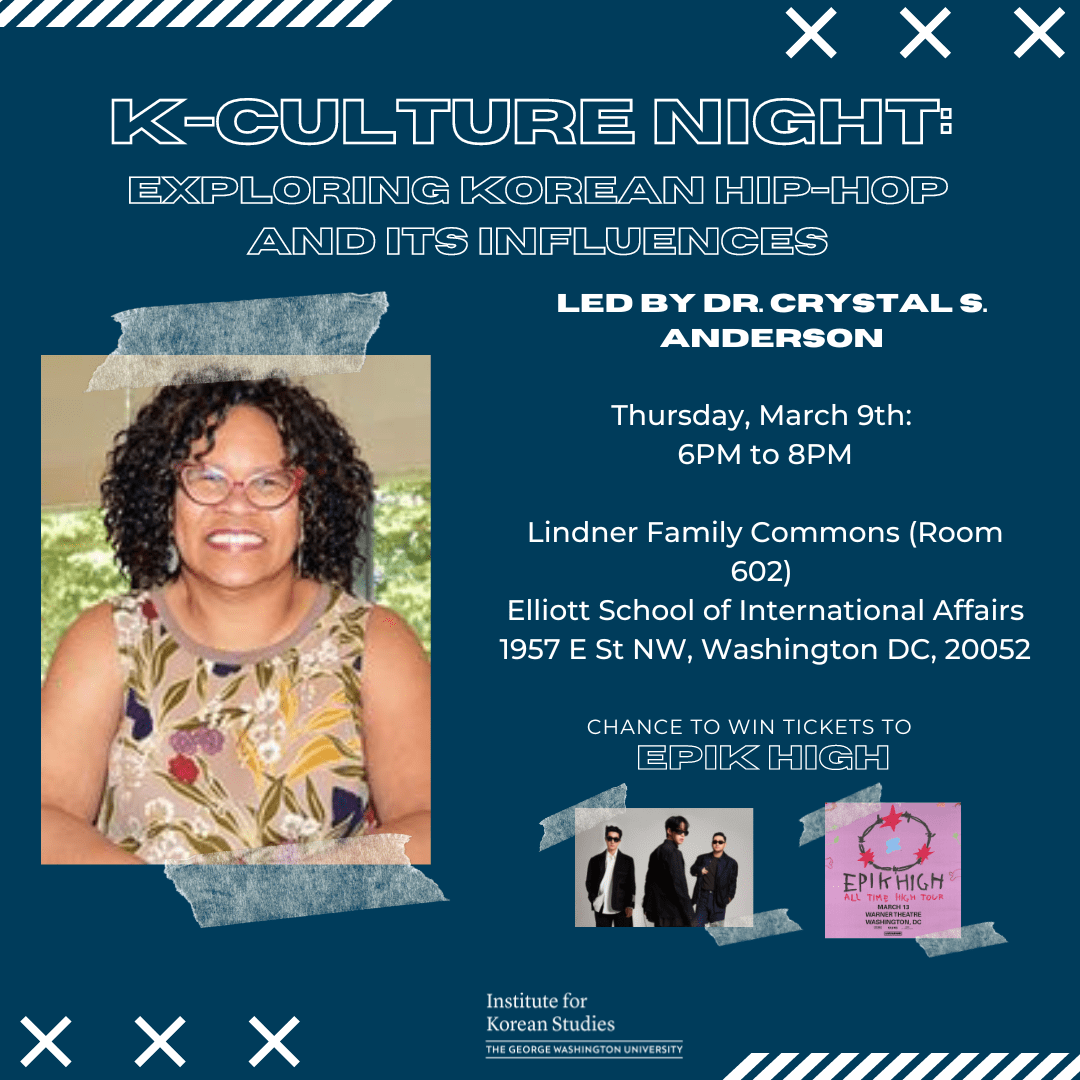GWIKS Special Event
Minhwa, Marvelous Korean Folk Paintings
Wednesday, Jun 21, 2023
3:00 PM – 4:30 PM EDT
Hybrid Event
Elliott School for International Affairs
Room 505, 1957 E ST NW, Washington DC
Virtual via Zoom
This lecture sheds light on some of the unique charms of Minhwa (Korean folk painting) from a modern perspective. Unconventional and free-spirited decorative art popular in the Joseon Dynasty (1392-1910), Minhwa has recently caught on with modern Korean people. Amid the ongoing Korean wave or Hallyu, interest in Minhwa has also been growing outside of Korea and is becoming a major trend in contemporary Korean art. Minhwa could be said to be the most representative form of purely Korean art. A native art that stems from nature, Minhwa reflects the emotions, thoughts, and ways of life of the Korean people. It embodies the traditional style of free expression that has been going on for a long time in Korea. Minhwa consists of paintings driven by a rich popular imagination. As Koreans have dreamed of an equal world, many Minhwa images display a sense of resistance against a hierarchical society and rigidity. Minhwa paintings are full of symbols of happiness. Whereas most traditional Korean court paintings and literati paintings of the Joseon Dynasty represent Confucian ethics and ideologies, Minhwa paintings express practical and instinctive desires such as joy, wealth, success, and longevity. They are a spontaneous expression of the Korean sensibility.
Speaker

Byungmo Chung is an art historian specializing in Korean folk and genre paintings. He previously served as a Professor at Gyeongju University, a Visiting Scholar at Rutgers University, and as the President of the Association of Korean Folk Painting. He is the Head Director of The School of Minhwa. Noteworthy among his accomplishments is his organization of the Joseon Dynasty Chaekgeori exhibitions in 2016, hosted at prestigious institutions such as the Charles B. Wang Center in New York, the Spencer Museum of Art at the University of Kansas, and the Cleveland Museum of Art. From 2022 to 2023. He also curated Chaekgeori exhibitions in Europe, showcasing works by contemporary folk artists at esteemed venues, including the Nantes Korean Spring Festival in France, the Korean Cultural Center in France, the Korean Cultural Center in Spain, and the Kunsthistorisches Museum in Vienna, Austria. Chung has authored numerous articles and books on Korean folk and genre paintings, notably including “Chaesaekhwa: Polychrome Paintings of Korea.”
Moderator



